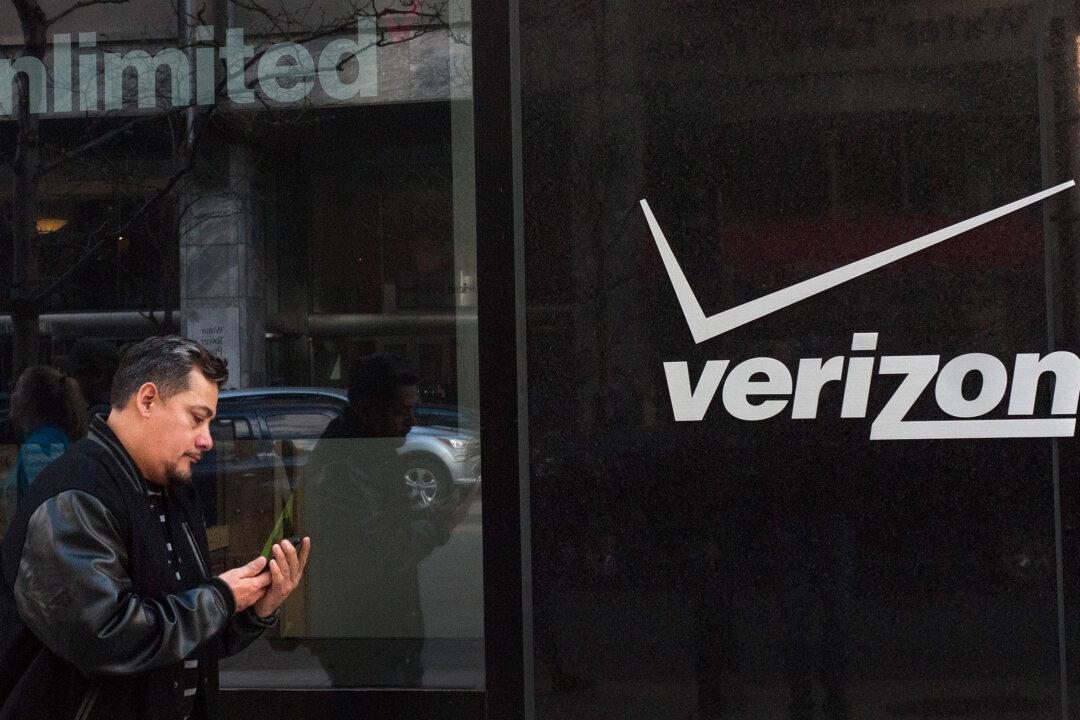Verizon customers may be eligible to get a portion of a $100 million settlement from the firm for charging undisclosed fees.
“Verizon customers claimed in a class action lawsuit that Verizon has charged its post-paid individual consumer wireless service account holders a monthly Administrative Charge and/or Administrative and Telco Recovery Charge that was unfair and not adequately disclosed,” the official settlement website states. “Verizon has denied and continues to deny that it did anything wrong and that the lawsuit has any merit.” However, the company agreed to a $100 million settlement to resolve the class action lawsuit.





